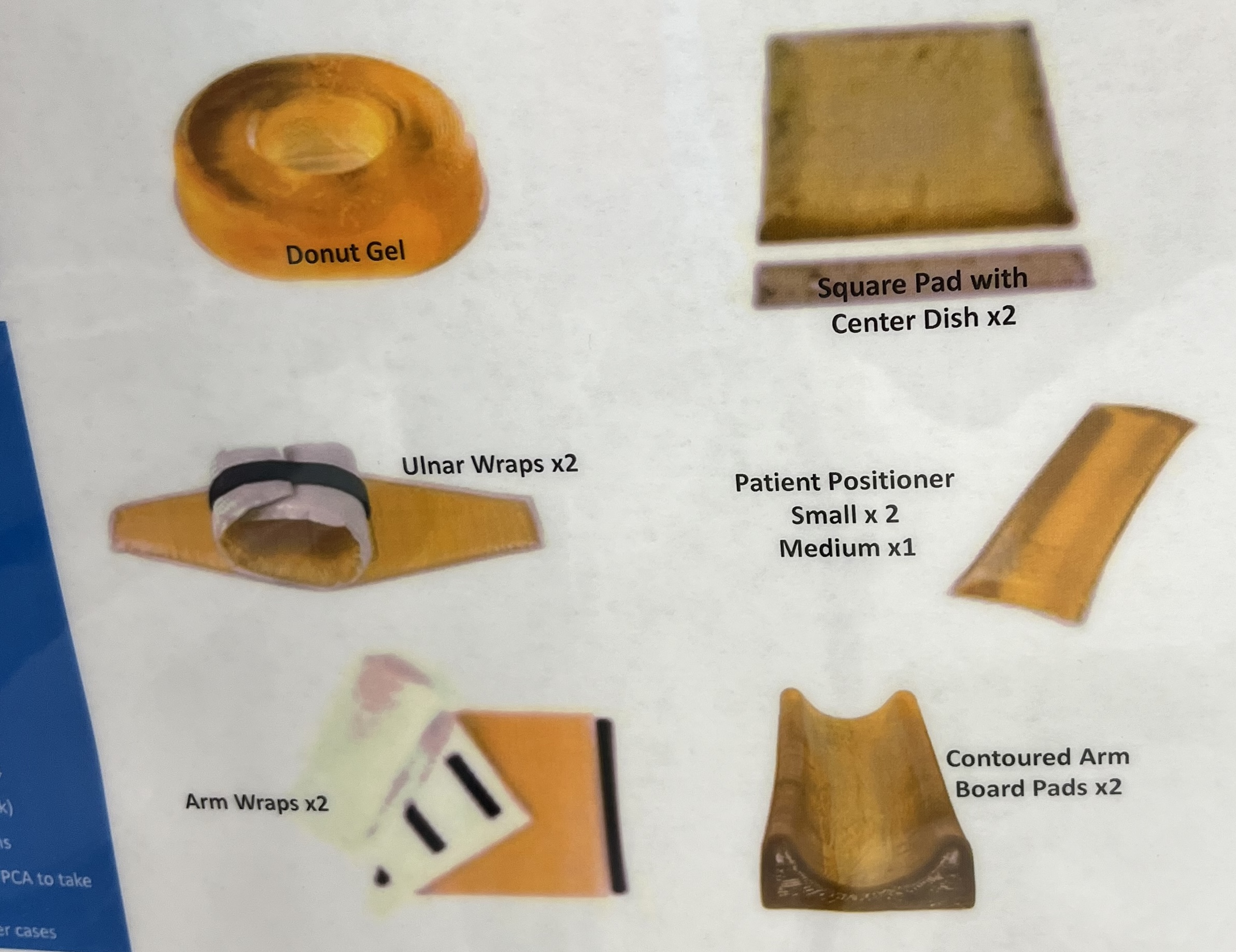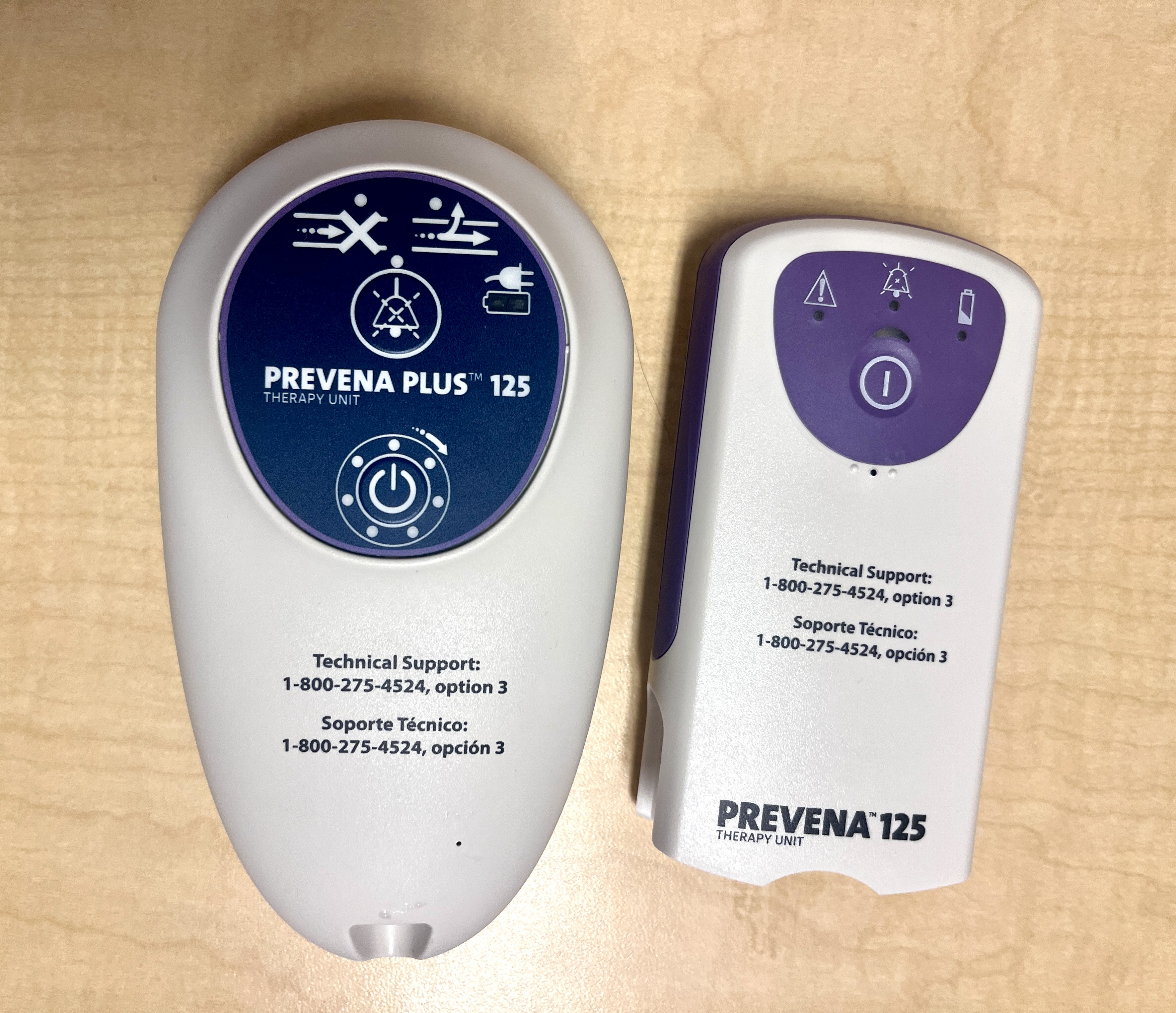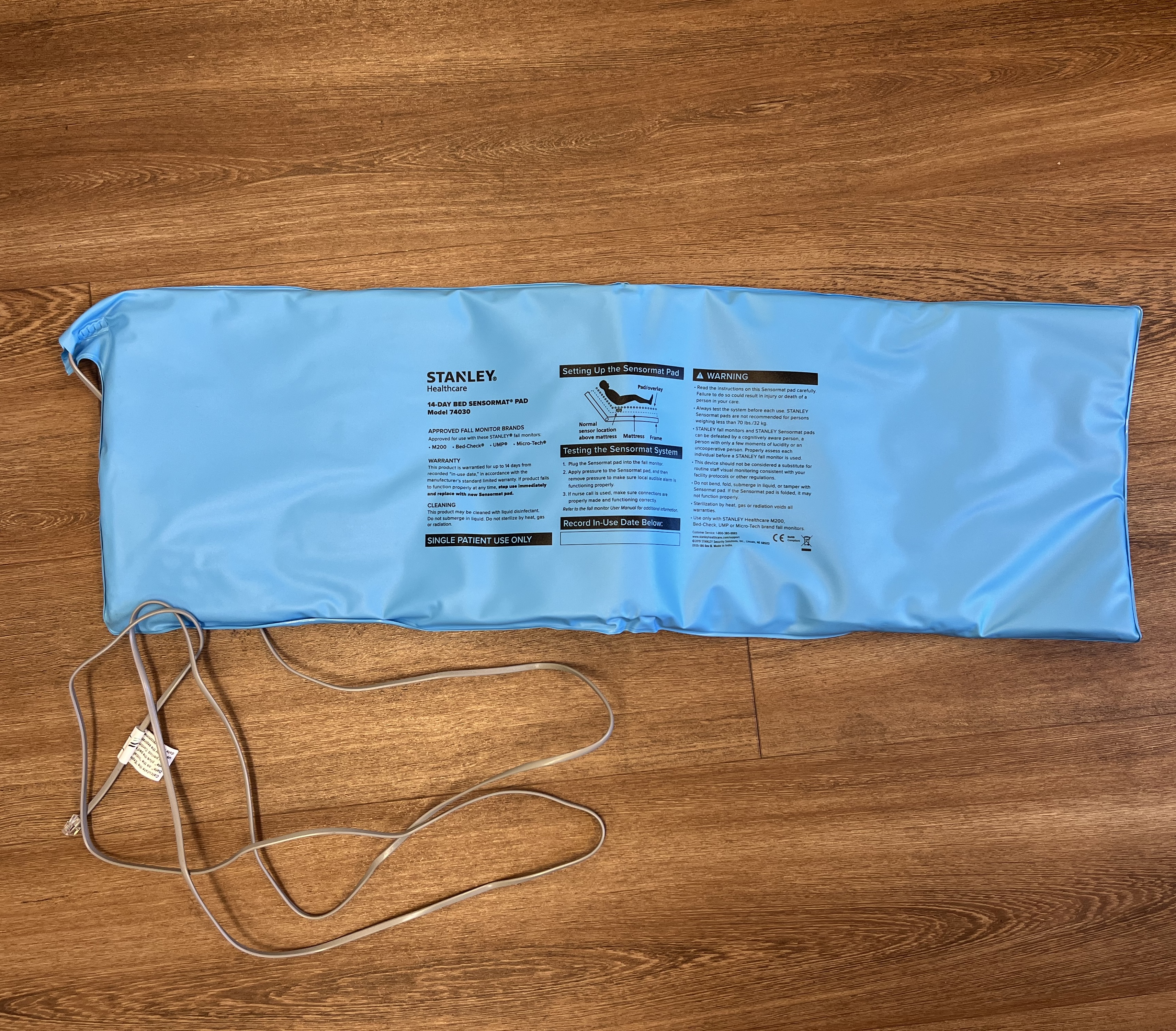When thinking about how to be more sustainable with the products we use in our practice, we often think of downstream sustainability – making sure items end up in the recycling or compost. However, the sustainability of the products we use starts much earlier in the product's life cycle. Our procurement team is the first stage of the sustainability journey when it comes to purchasing goods at UCSF Health.
UCSF Health’s procurement team focuses on sustainability by targeting our carbon footprint, zero waste, sustainable purchasing, education, and engagement. They partner with many other departments across the health center to achieve these sustainability projects.
Procurement supports sustainability initiatives by providing analytics, insight, and contract negotiations, all while following the UC Sustainable Procurement Guidelines.
Some of the recent sustainable procurement projects, as shared by Tony Davoren (Associate Director of Strategic Sourcing), include increasing the availability of reusable items and expanding the reprocessing of single-use devices.
Procurement has also been working with our vendors to reduce emissions from the transportation of purchased goods by reducing the number of days deliveries are made and by centralizing distribution.
The procurement team worked with one of our vendors to change from a 7-day to a 6-day distribution pattern, reducing diesel usage by 2,080 gallons and saving 21 metric tons of carbon dioxide in fiscal year 2024.
By consolidating multiple vendor distribution locations, UCSF Health has reduced transportation emissions, seen fewer vendor backorders, achieved better and more consistent ordering and receiving, and increased cost savings.
 A poster at UCSF shows different reusable gel versions.
A poster at UCSF shows different reusable gel versions.
In the operating rooms, the procurement team has been working with clinical teams to reduce waste by replacing disposable patient positioning foam with reusable gel versions. The patient positioning gel gets sanitized after use and can even be repaired if it tears. In fiscal year 2024, we saw a 10% reduction in foam usage, which increased to 36% in 2025.
 Prevena negative pressure wound therapy (NPWT) systems are part of UCSF Health's recollection program.
Prevena negative pressure wound therapy (NPWT) systems are part of UCSF Health's recollection program.
Procurement has been helping the organization increase the number of single-use devices (SUDs) collected to help reduce waste production. Reprocessing of SUDs includes inspecting, cleaning, function testing, sterilizing, and packaging them so that they can be safely used again.
In fiscal year 2024, UCSF Health collected 116,602 pounds of SUDs for reprocessing. In 2025, UCSF Health expanded the reprocessing collection program to negative-pressure therapy pumps for wound healing and to bed and chair sensor pads that trigger fall alarms.
 Chair sensor pads that trigger fall alarms are also included in UCSF Health's reprocessing collection.
Chair sensor pads that trigger fall alarms are also included in UCSF Health's reprocessing collection.
By reprocessing these devices, UCSF Health is keeping electronic waste out of the landfill and allowing these items to be used more than once.
Procurement is doing its part to help ensure more sustainable operations at UCSF Health. You can help support their efforts to become more sustainable by reducing the number of unnecessary items you use and opting for reusable or re-processable items over single-use ones.
If you have any questions or would like to learn more about sustainable procurement at UCSF Health, please reach out to healthsustainability@ucsf.edu.